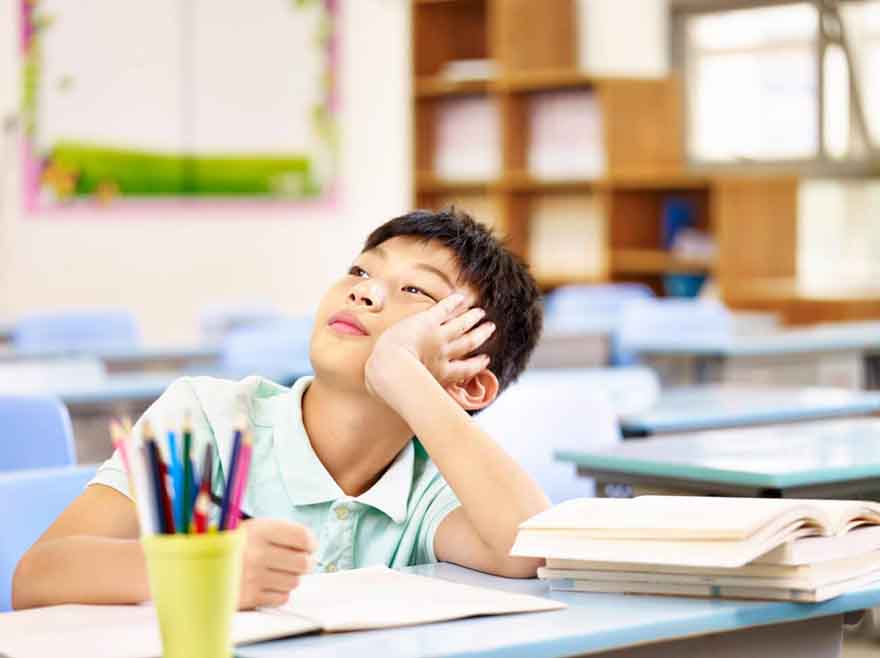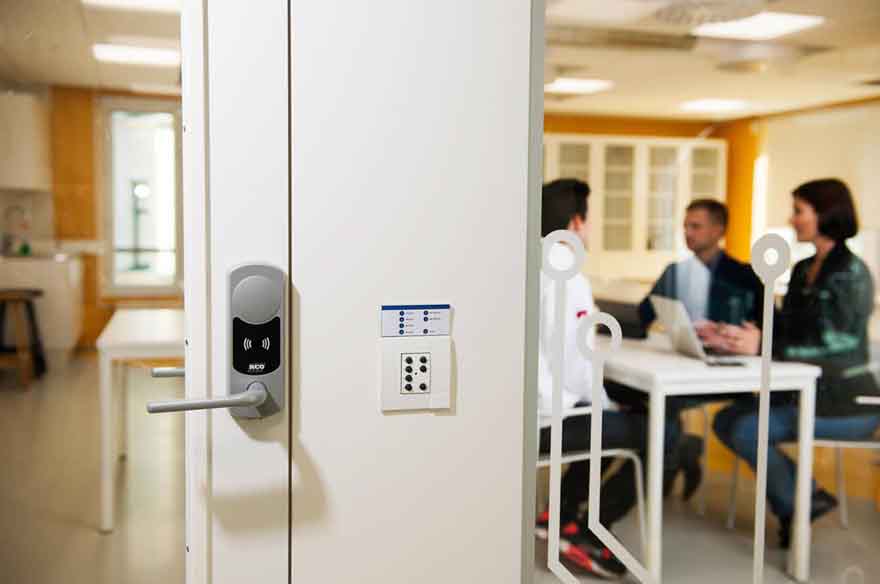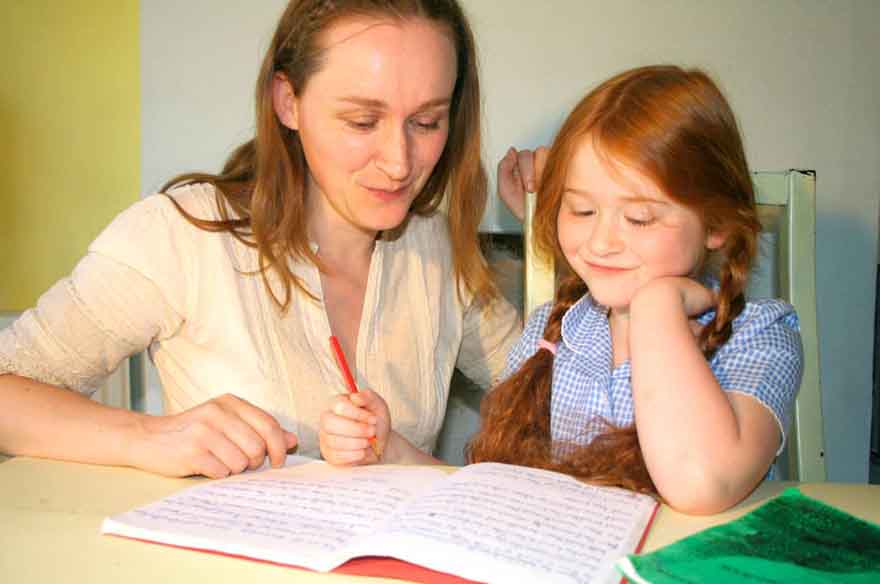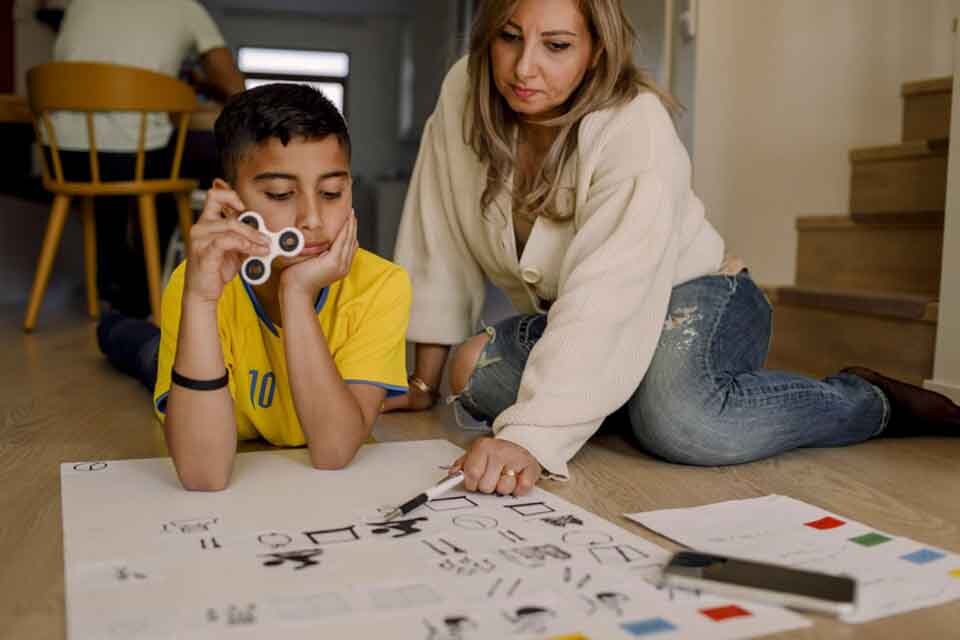Attention-deficit/hyperactivity disorder, commonly known as ADHD, is described by the CDC as “one of the most common neurodevelopmental disorders of childhood. It is usually first diagnosed in childhood and often lasts into adulthood. Children with ADHD may have trouble paying attention, controlling impulsive behaviors (may act without thinking about what the result will be), or be overly active.”
Despite it usually being often diagnosed early in childhood, ADHD is a long term condition. While some may recover, most are not likely to, so it’s not a condition you should expect a child to “grow out of”, nor can you rid them of the symptoms through strict parenting alone.
So the question comes: how does one discipline a child with ADHD? When it comes to neurodivergent children, it’s safe to say you may have to use other methods. Thankfully, I have learned from personal experience how to properly discipline a child with the condition, and I’m more than happy to share what I’ve been taught to you.
I think this goes without saying, but this article is written with the assumption that the child in question has been seen by a doctor and professionally diagnosed with ADHD. With that in mind, let me tell you some ways to properly discipline your ADHD child.
To Discipline a Child With ADHD, Make Sure You Understand ADHD

One thing about ADHD that most people know by default is that it’s a hereditary trait. It runs in the family, and if you have a family member with ADHD, you should consult them and ask them about their experiences and what they would think is best. On the other hand, you might be the one with ADHD, in which you will already have first hand knowledge of what it’s like to have and possibly be punished for your ADHD.
In either case, I would still suggest doing your research on ADHD so that you may have a concrete understanding of it and its symptoms, as not all experiences are alike.
Be Patient and Don’t Use Anger

It’s understandable to get frustrated at your child— every parent does it. However, you shouldn’t lash out in anger when you’re hit with a wave of impatience. Forgetfulness and a lack of focus are all too common for children with ADHD. Problems related to these are not the kid’s fault, and they shouldn’t be punished for it. Instead, you need to be patient.
There’s nothing wrong with a warning, however. I always suggest a three strikes method, where you give at least two warnings before starting an actual punishment. This only goes for problems related to ADHD, as genuine behavioral problems should be addressed as you usually would.
Be Ready to Try Different Approaches

Not everything works out, which is understandable. Not all experiences with ADHD are the same, so not all methods of discipline will work. If you find that a certain method isn’t going well, make sure you’ve given it a fair shake before going for another approach. You should adjust and feel things out to find the right approach. Even if the approach might seem odd to outside viewers, you should go for whatever is best and healthiest for you and your child.
Use Effective Instructions

When giving your child tasks to do, you shouldn’t ever be vague. Instead of asking your kid to do their laundry, you should ask them to wash their clothes, set a timer, and put the clothes in the dryer. A simple “do your laundry” may result in your child becoming distracted and forgetting to put their clothes in the dryer, allowing the damp clothes to sit and accumulate mildew.
Always be explicit, as ADHD will take any chance it will get to become distracted from a particular task. You should be able to find a good routine or approach (such as a timer or a reminder on their phone) so you will no longer have to repeatedly remind them of their chores.
Keep In Touch With Your Child’s Teacher

You’re not the only person who will be responsible for disciplining your child. Their teachers will take the reins for you when it comes to aspects like learning and social interactions. This is especially important in the early years, as this is when your child is most impressionable and learns the most about behavior and how/how not to act.
No matter the teacher, you should always get in contact with them and inform them of your child’s diagnosis. It’s important that you both keep in touch about this. There may be a chance your teacher asks for any advice when dealing with your child in particular, where in which you should let them know what methods you usually employ. If they do not ask, you should assume they have plenty of experience with handling children with ADHD and that your child is in safe hands.
You also need to listen to your kid in case things are not going well. It’s wise to consult your kid about how they’re disciplined, and should it seem like discipline isn’t being administered in a way that is beneficial to your child, you should get back in contact with the teacher.
Praise, Praise, Praise

This is greatly important for any child that is neurodivergent. Children love to be praised and told they’ve done a good job. It’s a reward in itself, because it brings about a feeling of pride and it guides them toward the path of good behavior.
This should mainly be applied to when your child does tasks expected of them, but it can also be used for general good behavior. Phrases like “thank you for being good in the store today” do go a long way for a young child who is constantly seeking the approval of their parents. What some parents don’t think about is that sometimes children with ADHD decide that the draw of distractions outweigh the potential punishment. This does not mean that you should increase the harshness of the punishment. Far from it, in fact. It needs to be paired with the allure of praise. You need to remember that you are important to them. You raised them and you’ve cared for them, and so to have your approval is not only vital, but a great incentive when paired with the prospect of a light punishment if they disobey.
The younger they are, the more you should hype up their accomplishments. These good feelings make a large impression on them, and they will stay with them and continue to influence their behavior in the future for a long while.
Allow Them to Experience Natural Consequences

This is a type of punishment that takes both restraint and a calm attitude. This basically requires that you do next to nothing, but only in the right circumstances.
Say you’ve set food out. You call your child for dinner, and they say they’re coming, and then they become distracted by something elsewhere that isn’t as important. In this case, you can either leave the food out or just refrigerate it. When they come back an hour or so later and find that their food is cold, you can tell them that you called them for dinner, but they never came. This is, essentially, a child facing the consequences of his own actions in a very mild way. It’s one thing to send a child to bed without dinner, but it’s a whole other thing to have them make that decision themselves and regret it.
This should not be applied to things that are vital for their future, such as homework. If your child forgets or is too distracted, the last thing you should do is let them turn in empty pages at the beginning of class the next day. Those do need actual reminders
Use A Reward System

This is like the praise advice, but not used as often. Rewards should be given for bigger, more complex tasks when the child is still very young, as well as milestones such as a good report card and passing a test when the child is older. This creates an incentive for the child to focus and do well. This is very critical for a child with ADHD, as quizzes, tests, and general schoolwork can be notoriously difficult for them to get through. This is why getting good scores on tests and report cards should be considered a great accomplishment. Concentration for a child with ADHD is not easy, and should be rewarded when they show exceptional effort.
How you show the reward is up to you, but that’s up to you and your child to negotiate. Perhaps they get to choose what to have for dinner, or maybe you can buy them something they’ve been asking for (within reason, of course). Either way, you should understand that rewarding their accomplishments is just as important as disciplining them for failing grades. You are as important to their education and their success as they are, because you and any partner you have should be their biggest support system.



